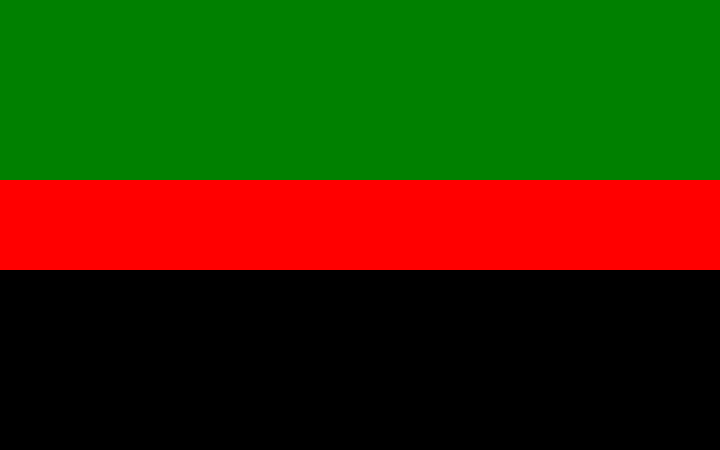For about a month now, a petition asking Africa to grant asylum to African-Americans has been circulating on the internet. The letter, addressed “Dear African Governments”, lists real reasons for this decision; frustration with neo-slavery, police brutality, discrimination at different levels, disparities in economic statuses, amongst other complaints. In the midst of the “Black Lives Matter” movement, these injustices are far from an exaggeration – They are actually enough for any person(s) to consider emigration from a place. However, aside from listing the travesty of inequality in the United States, the petition discounts the nuances of migration within the diaspora, which is the real travesty. Here are just a few of the reasons the petition is not just reductive, but ironic.
The history of black migration is way more complicated than the petition suggests.
The proposition the petition carries is nothing new. Even before and after slave trade and slavery were abolished, Blacks had attempted the kind of migration that is now being suggested, in different ways, and for different reasons. For example, during the mid-18th to early 19thcentury, African-American, Caribbean and British slaves set up settlements in Freetown and Sierra Leone. Post-slave trade and colonialism, both Africa and the west (Europe/North America) have functioned as a possible escape, depending on the circumstance. As of recent, migration has reflected in Black people ‘returning’ to the continent to explore other possibilities, either in career paths, or to contribute to economic development. Therefore, also, migration has not simply been all about Africans going to the West to explore other opportunities.
These migrations are also not static. Today’s millennials are all over the place. We all have those friends born abroad, who ‘come back’ to the continent, returning to the country of birth of their parents or grandparents, only to end up settling in Vietnam as NGO workers. We need to acknowledge the ways in which migration continues to evolve, and push the conversation towards how we can build more equilateral connections in the midst of this.
It doesn’t quite understand just how complicated ‘Africa’ is.
Every now and again, we hear that passing comment when life in the West proves simply defeating – ‘I’m going back to Africa.’ It’s an empty statement. One that reflects more of frustration, than actual desire, and furthermore, one that rests on a myth. The petition states:
“We understand that Africa is a continent with vast and dynamic cultural tapestries and thus there is no one-size-fits-all place where we can return.”
But what it seems to overlook is that this vast dynamism is amidst a lot of the issues African-Americans face in the U.S. We may not call it police brutality, but it exists here just as much. We may not call it racism, but race is an operating structure that permeates societies throughout the continent, whether we want to admit to ourselves or not. Remember that immediately after Charlie Hebdo, Nigeria’s former president, Goodluck Jonathan released a public statement of condolence to France, while he made no mention of the people that were killed in Baga on the same day, and it took him 21 days to publicly acknowledge the 275 girls who were kidnapped by Boko Haram. Both of which happened in his own country.
It doesn’t suggest a way for the struggles of blacks in both continents to have an evolved conversation.
Something should be clear by now if it wasn’t already. Injustice has no borders. It happens, any and everywhere. But instead of being defeated, it should bring us together. Many black activists throughout the twentieth century either came to Africa, or engaged with their African contemporaries, because they felt their struggle was shared. In 1964 Malcolm X met with Julius Nyere, Oginga Odinga, and Jomo Kenyatta. In 1957 Martin Luther King Jr. and Corretta Scott-King came to Ghana where they met with Prime Minister Kwame Nkrumah. Can we say the same of our generation? More and more, the feelings of a shared struggle seem to diminish. And the only ways we show concern over an issue is over the internet, or in the media. Perhaps we don’t feel that we share each other’s struggles, but there’s some common ground that we might see if we looked a bit closer.
This petition is currently shy of 4000 signatures, which is dismal considering there are over 45 million black people in the U.S. alone, and the issues listed in the petition affect them generally. But irony aside, perhaps its existence could be useful in spurring a necessary conversation through the new black diaspora. One that isn’t just about going to school abroad, or spending six months in Ghana for a peace project, but rests on an inclusive conversation about the reality of injustice in Africa, America and everywhere else globally.
Source: Ventures Africa




